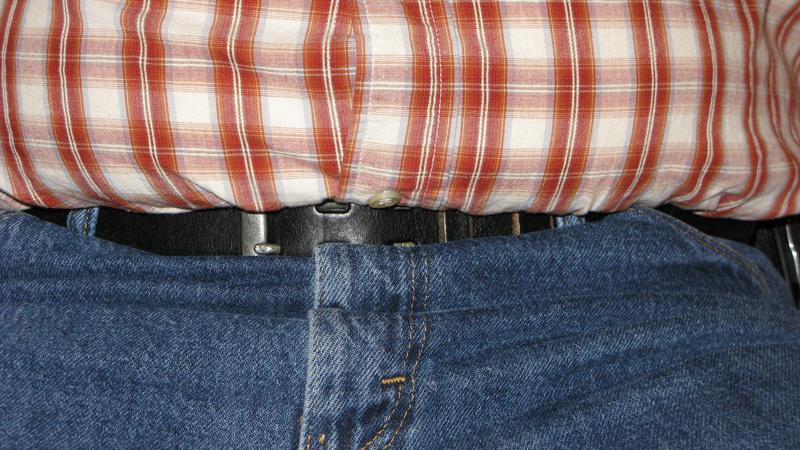
CHARBONNEAU: Excess weight is not a disease
SOCIETY HAS A BIAS against people who weigh more than ‘normal,’ a bias with attached stigma called “fatphobia”.
Doctors are not immune. It’s not that doctors are unaware of fatphobia; it’s just that their biases are deeply engrained. In an attempt to tackle the problem, the Canadian Medical Association Journal recently published guidelines to counter prejudices that treat obesity as a disease.
The CMAJ calls their guidelines a “paradigm shift” but the guidelines don’t go far enough.
One problem is the use of euphemisms. Instead of calling people “fat,” medical practitioners prefer terms like “persons living with obesity.” This people-first language is supposed to humanize fat people.


